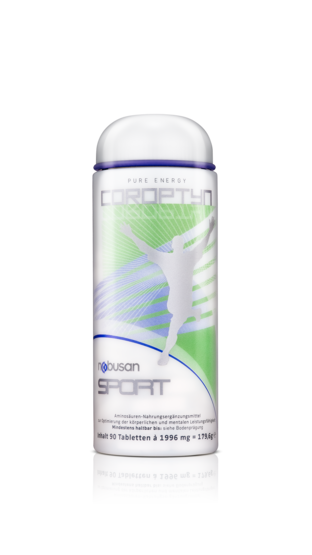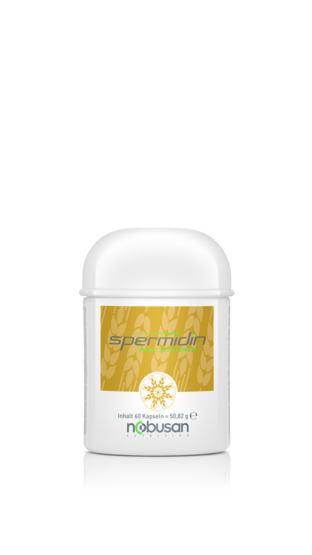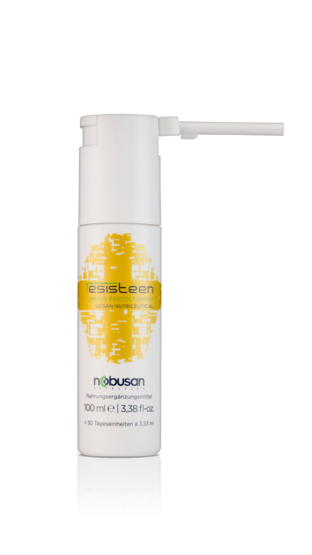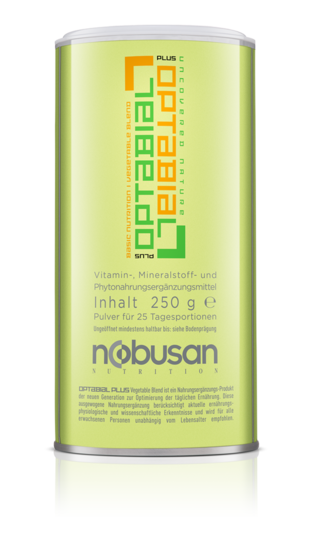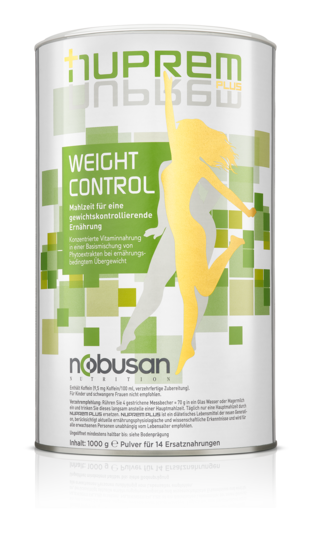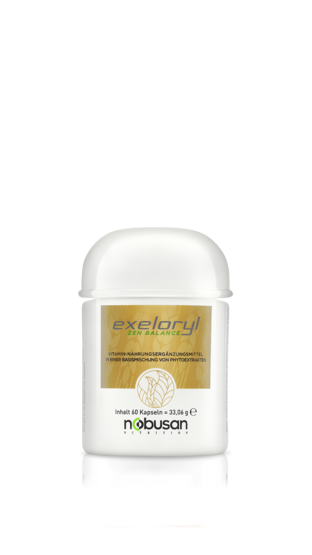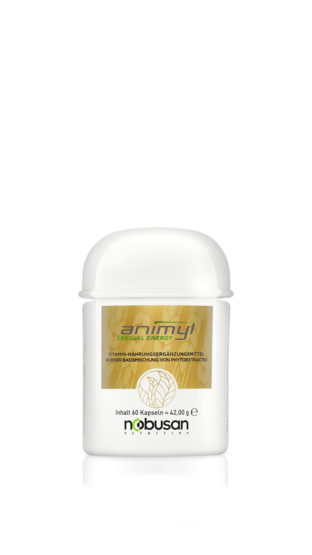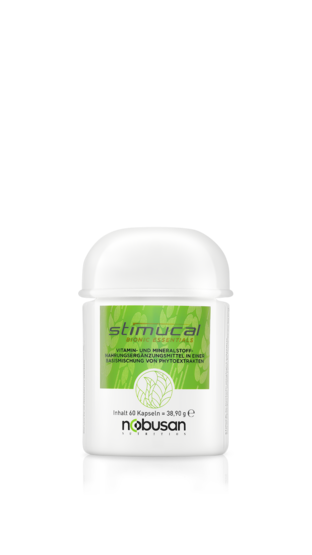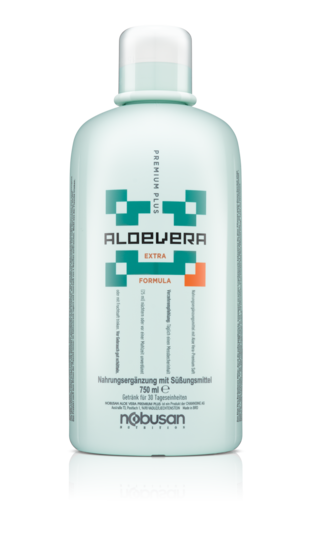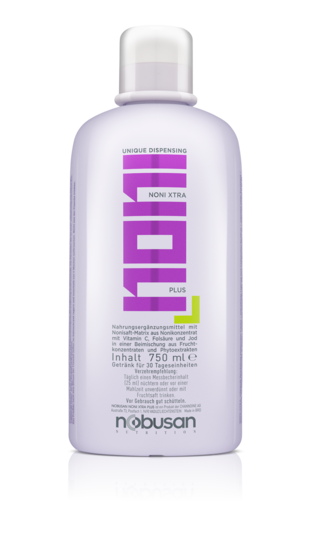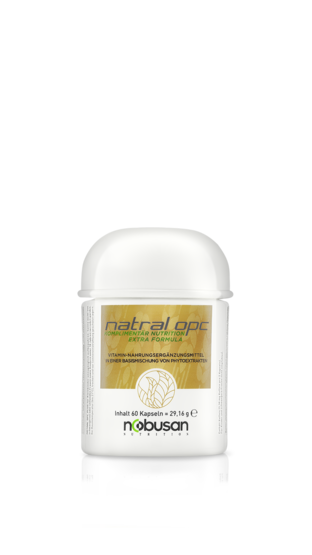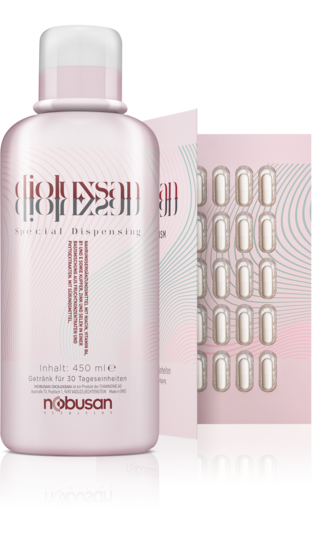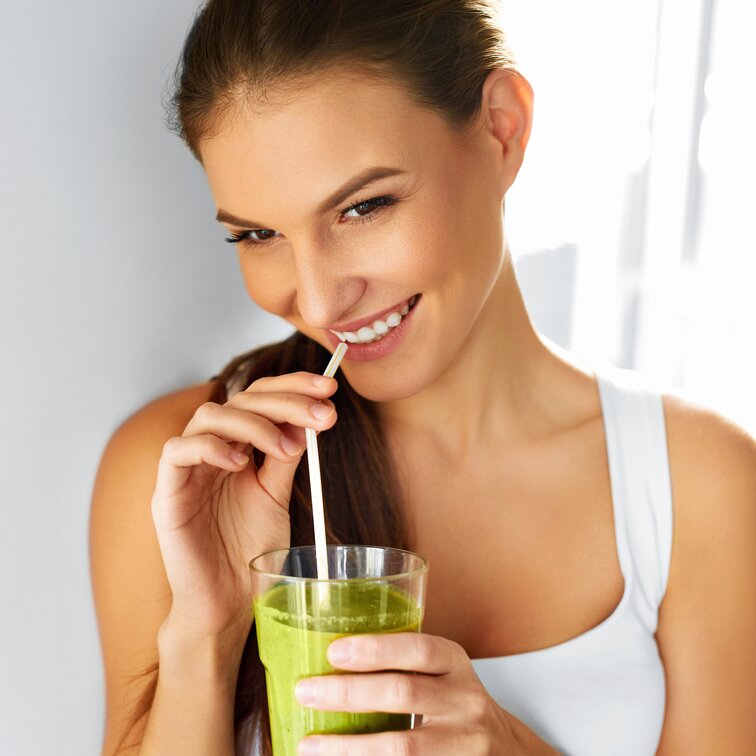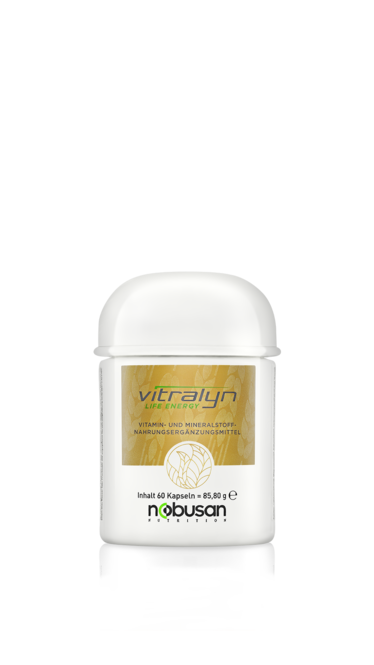
VITRALYN Plus, an immune system-strengthening vital protection for reliable prevention of nutritional deficiency symptoms.
The difference between good health and illness frequently comes down to the quality of the nutrients we receive in our diet. Unfortunately, although the importance of a balanced and varied diet is well accepted, it is also a fact that today’s foods often do not contain the vital nutrients required to support good health – to the point that even those who practice health-conscious nutrition may not gain the full benefit.
The result is a creeping form of under nutrition that can leave the body more susceptible to the diseases of civilization.
VITRALYN Plus is a basic supplement featuring multi-component nutrient complexes that have been designed to help balance nutritional deficiencies and strengthen the immune system, for improved energy and wellbeing.
Recommendation for use: Take 2 capsules every day, preferably 2 houres after mealtimes with a glas of water or fruit juice.
Store away from children. Not for pregnant- or nursing women.
The consumtion of nutritional supplements did not substitute a healthy and varied diet and regimen. Do not exceed the recommended intake.
VITRALYN Plus provides a basic daily supply of vitamins and minerals from nature, for reliable protection against nutritional deficiencies. Also boosts vitality in support of a stronger immune system.
Store at room temperature (until 21°C), drily and free from sun exposure.
Free from GM technology (no subject to marking regarding GVO under EG-VO 1829/2003 and 1830/2003.)
Vitamin- and mineral nutritional supplement
Content: 60 capsule - 85.8 g (One month supply)
Calciumcarbonat, Magnesiumoxid, Kaliumchlorid, Cellulose HPMC (Kapsel) pflanzlichen Ursprungs, L-Ascorbinsäure, Zinkgluconat, Carotinoidgemisch (Dunaliella Salinas), D-alpha Tocopherylacetat (enthält SOJA), Trennmittel (Magnesiumsalze der Speisefettsäuren, Siliciumdioxid), Traubenkern-Extrakt (Vitis vinifera L.), Nicotinamid, Eisendiphosphat, Calcium-D-pantothenat, Kupfergluconat, Pyridoxinhydrochlorid, Riboflavin, Mangansulfat, Thiaminmononitrat, Retinylacetat, Chrom-Picolinat, Pteroylmonoglutaminsäure, Natriumselenit, Kaliumjodid, Natriummolybdat, D-Biotin, Phyllochinon (Vitamin K1), Cholecalciferol, Cyanocobalamin
Allergen labeling: soy
Traces of gluten, lactose, soya and chicken egg protein.
| Analyse: | Pro 2 Kapseln* | %NRV** |
|---|---|---|
| Vitamin A (RE)*** | 1000,00 µg | 125 |
| Vitamin D | 15,00 µg | 300 |
| Vitamin E (TE)*** | 11,00 mg | 92 |
| Vitamin C | 90,00 mg | 113 |
| Vitamin B1 | 1,82 mg | 165 |
| Vitamin B2 | 2,94 mg | 210 |
| Vitamin B6 | 2,80 mg | 200 |
| Vitamin B12 | 7,50 µg | 300 |
| Niacin (NE)*** | 21,00 mg | 131 |
| Pantothensäure | 10,00 mg | 167 |
| Vitamin K1 (Phyllochinon) | 48,00 µg | 64 |
| Folsäure | 600,00 µg | 300 |
| Biotin | 105,00 µg | 206 |
| Calcium | 401,00 mg | 50 |
| Magnesium | 376,00 mg | 100 |
| Kalium | 300,00 mg | 15 |
| Eisen | 5,00 mg | 36 |
| Zink | 8,00 mg | 80 |
| Jod | 100,00 µg | 67 |
| Selen | 60,00 µg | 109 |
| Kupfer | 0,50 mg | 50 |
| Mangan | 0,80 mg | 40 |
| Chrom | 80,00 µg | 200 |
| Molybdän | 47,00 µg | 94 |
| Carotinoidgemisch | 53,40 mg | |
| - davon gemischte Carotinoide | 4,00 mg | |
| Traubenkern Extrakt | 21,00 mg | |
| - davon Proanthocyanidine | 20,00 mg |
*daily dose = 2 capsules
**NRV = % of reverence value for nutrients (nach VO (EU) Nr. 1169/2011)
***TE = Tocopherol Äquivalent; NE = Niacin Äquivalent
NOBUSAN VITRALYN Plus is a product of the CHANNOINE AG, Austraße 73, Postfach 1, 9490 VADUZ, LIECHTENSTEIN
Made in BRD
Optimized quality of life with NOBUSAN
Vitality, beauty and quality. NOBUSAN Nutrition relies exclusively on high-quality, balanced vital substances from nature to close supply gaps and enable an optimized, healthy vital status.
Through individual vital status analyses and needs-oriented product recommendations, NOBUSAN supports you in optimizing your vitality and leading a healthy life.



